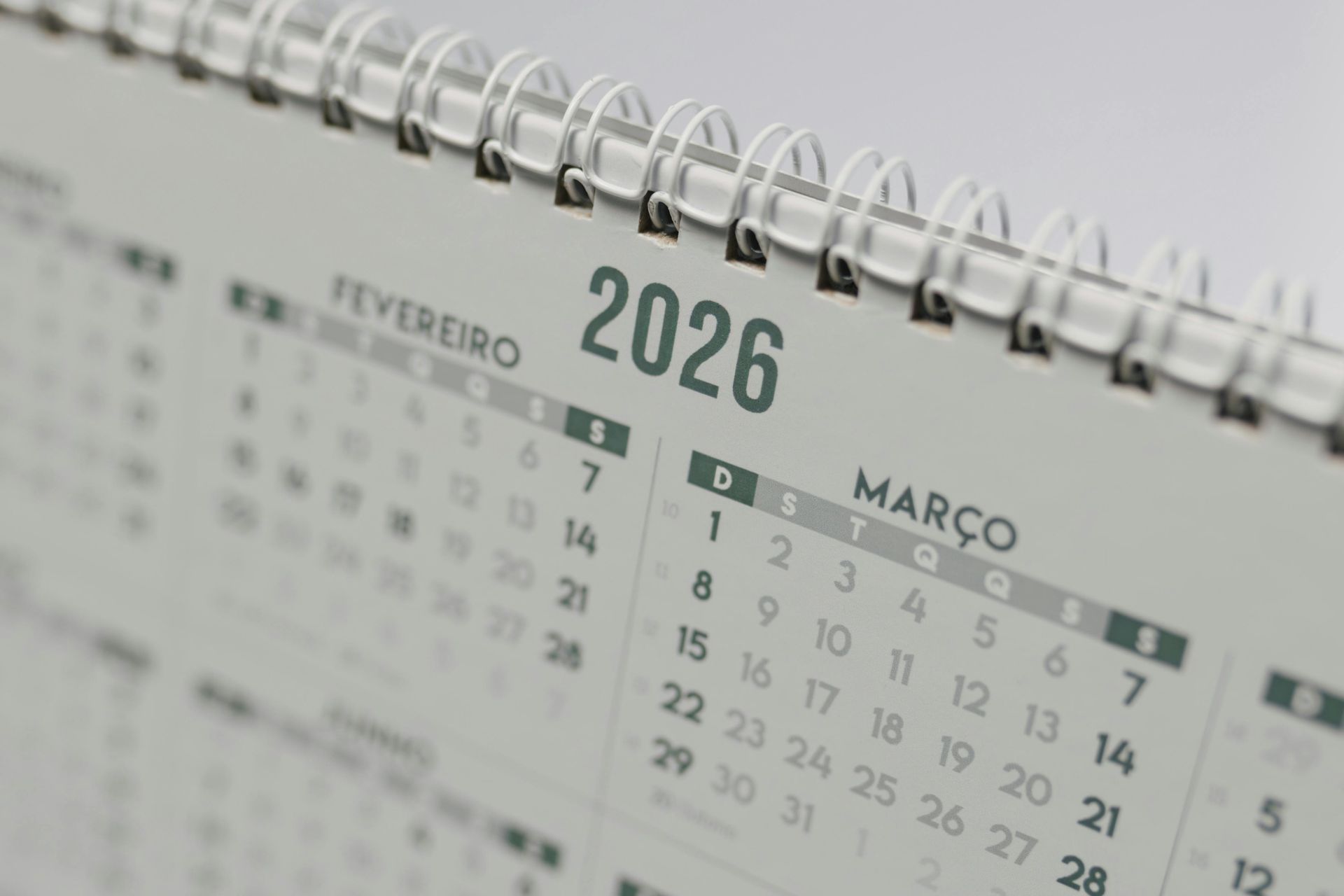When is the Best Time to Schedule a Job Interview ?
The Best Time to Schedule a Job Interview (According to Research)
In the world of job hunting, every little helps - even the timing of your interview. Although your qualifications and preparation for your interview are crucial, choosing the right day and time for your interview can also impact your chances of success.
Is an early morning interview better than an afternoon one? Should you prefer or avoid Fridays? Does the timing of your interview really make a difference?
Well – We did some research...
The Best Time of Day for an Interview
Research suggests that mid-morning time slots are often the best choice. Several studies and expert opinions support the recommendation to schedule interviews during mid-morning hours.
61% of senior executives believe that this time frame is optimal for conducting interviews, as both parties are typically more alert and productive during these hours
Other studies have shown that candidates interviewed earlier in the day receive higher scores than those interviewed in the afternoon. This phenomenon is attributed to interviewers being less fatigued and more attentive during morning hours
Mid-Morning (10:00 AM – 11:30 AM):
- Interviewer Alertness: Research from Indeed suggests that scheduling your interview between 10:00 AM and 11:30 AM allows interviewers to address morning tasks and settle into their day, making them more attentive and engaged during your meeting
- Candidate Performance: Studies have shown that candidates interviewed in the morning often receive higher scores than those interviewed later in the day, possibly due to interviewers being less fatigued and more focused
Times to Avoid:
- Early Morning (Before 9:00 AM): Interviewers may still be organizing their day, leading to potential distractions.
- Lunchtime (12:00 PM – 1:00 PM): Scheduling interviews during lunch hours can result in shorter, less focused discussions.
- Late Afternoon (After 4:00 PM): As the day progresses, both parties may experience fatigue, potentially affecting the quality of the interview.
The Best Day of the Week for an Interview
The day you choose for your interview can also influence the interviewer’s receptiveness. So what is the best day to choose?
Research indicates that interviewers tend to exhibit heightened alertness and focus early in the week, making Tuesday an ideal day for interviews.
Mid-week interviews, such as those on Tuesdays and Wednesdays, are often preferred because Mondays can be hectic, and Fridays may find interviewers less focused as they anticipate the weekend
Days to Choose:
- Tuesday: According to Forbes Tuesdays are often considered ideal for interviews as interviewers have settled into their workweek and are more focused
Days to Avoid:
- Monday: Interviewers may be catching up on tasks from the weekend, leading to potential distractions.
- Friday: As the week concludes, interviewers might be less focused, anticipating the upcoming weekend.
Aligning Interview Timing with Personal Performance
While general guidelines are helpful, it’s crucial to consider your own performance patterns:
- Personal Peak Performance: Schedule your interview during times when you feel most alert and confident, ensuring you present your best self.
- Time Zone Considerations: For virtual interviews, ensure the scheduled time is convenient for both you and the interviewer, taking into account any different time zones.
The Impact of Timing on Interview Outcomes
Research underscores the significance of interview timing:
- Decision Fatigue: Forbes also found that interviewers may become more critical as the day progresses, leading to potential biases against candidates interviewed later
- Recency Bias: Candidates interviewed last might also be unfairly compared to earlier applicants, affecting the interviewer’s objectivity.
Practical Tips for Scheduling Your Interview
To optimize your interview timing:
- Request Multiple Time Slots: If possible, choose from several options to select a time that aligns with both your and the interviewer’s peak performance periods.
- Consider the Company’s Schedule: Avoid scheduling interviews during known busy periods for the company, such as product launches or year-end.
- Plan Ahead: Securing a mid-morning slot on a Tuesday may require scheduling well in advance, so plan accordingly.
- Maintain Flexibility: While aiming for optimal times is beneficial, demonstrating flexibility can showcase your adaptability—a valued trait in any candidate.
While your skills and preparation are the primary determinants of interview success, strategically selecting the timing of your interview can provide an added advantage. By considering factors such as the interviewer’s alertness, potential biases, and your own performance patterns, you can schedule your interview at a time that maximizes your chances of making a positive impression.
Remember, the goal is to create an environment conducive to a focused and engaging conversation, allowing both you and the interviewer to connect effectively. By thoughtfully choosing your interview timing, you’re taking an additional step toward securing your desired role!




